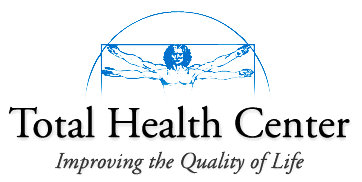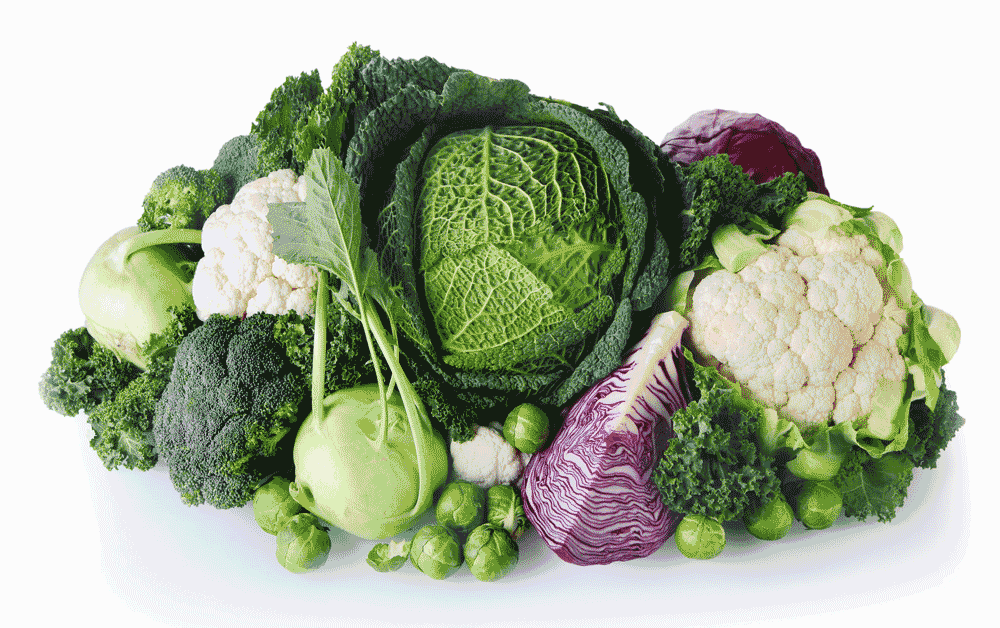Goitrogens are compounds found naturally in certain plants. Animal studies suggest these foods may interfere with uptake of iodine, essential to thyroid function.
Without sufficient iodine, the pituitary releases thyroid-stimulating hormone (TSH) and promotes the growth of thyroid tissue, which eventually leads to enlargement of the gland, or goiter. If the goiter grows large, it can interfere with the trachea and esophagus and cause coughing or swallowing and breathing difficulties. However, any substance that interferes with thyroid function is a concern for patients with thyroid autoimmune diseases such as Hashimoto’s thyroiditis and Graves’ disease who already struggle with thyroid hormone production.
Which Plants Are Goitrogenic?
Several animal studies show the following raw cruciferous vegetables affect iodine intake and thyroid metabolism:
- Bamboo shoots
- Bok Choy
- Brassicae seeds
- Broccoli
- Brussel sprouts
- Cabbage
- Cassava
- Cauliflower
- Kale
- Kohlrabi
- Mustard and Mustard greens
- Peaches
- Radishes
- Rutabagas
- Soy & soybean products
- Spinach
- Strawberries
- Turnips
What Does This Mean For Thyroid Patients?
You probably read this list and thought, “Why can’t I eat these foods when they’re supposed to be good for me?” and justifiably so. After all, many of these foods are high in vital nutrients essential for good health.
The limited research done so far does not suggest eating reasonable amounts of these foods inhibits thyroid activity. However, a diet that heavily relies on goitrogenic foods might negatively affect patients with thyroid autoimmune disorders.
A tailored diet for optimal thyroid function makes more sense, rather than a broad elimination of all these foods. At this point, not one human study confirms cruciferous vegetables cause thyroid function deficiency.
Dr. Joel Fuhrman’s research spanning fifty years suggests it not that these are “bad” foods. They may not be the right foods for particular people. He states “cruciferous vegetables could only be detrimental to thyroid function in cases of iodine deficiency or insufficient iodine intake”, and may not cause problems at all if consumed in reasonable amounts.
How Much Can I Eat?
Unfortunately, there’s no simple answer to this questions since every patient differs. However, within the functional model of care it is possible to work with your practitioner to discover what works best for you.
Generally, most patients with thyroid conditions can tolerate one or two servings of raw goitrogenic foods every day without any problems. Others may need to steam their vegetables to reduce goitrogenic activity.
If a patient wants to include soy in their diet fermented soy is preferable, however some evidence suggests soy and soybean products may interfere with the absorption of thyroid medication in hypothyroid patients. Patients should not rely heavily on soy in their diet as it is goitrogenic.
*****
Eating a few servings of these foods daily shouldn’t be a problem, even if you have Hashimoto’s thyroiditis or Graves’ disease. However, they do affect iodine metabolism and if you already have an iodine deficiency it does increase risk.
Even though cooking these foods may decrease the goitrogenic activity, avoid eating too many of these foods. Discuss your concerns with your practitioner and work with them to create a diet plan that works best for you.
Mark A. Scott, D.C., C.N.S., C.F.M.P.
Get more information on natural thyroid treatment or schedule a free thyroid consultation with Dr. Mark A. Scott of Total Health Center Virginia Beach.
The 7 Hidden Causes of Your Thyroid Problems
Estrogen, Cortisol, Dopamine, and more. Learn about the 7 hidden causes of your thyroid problems in this informative video series.








